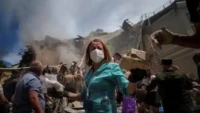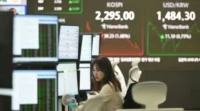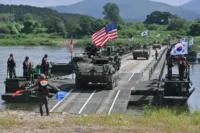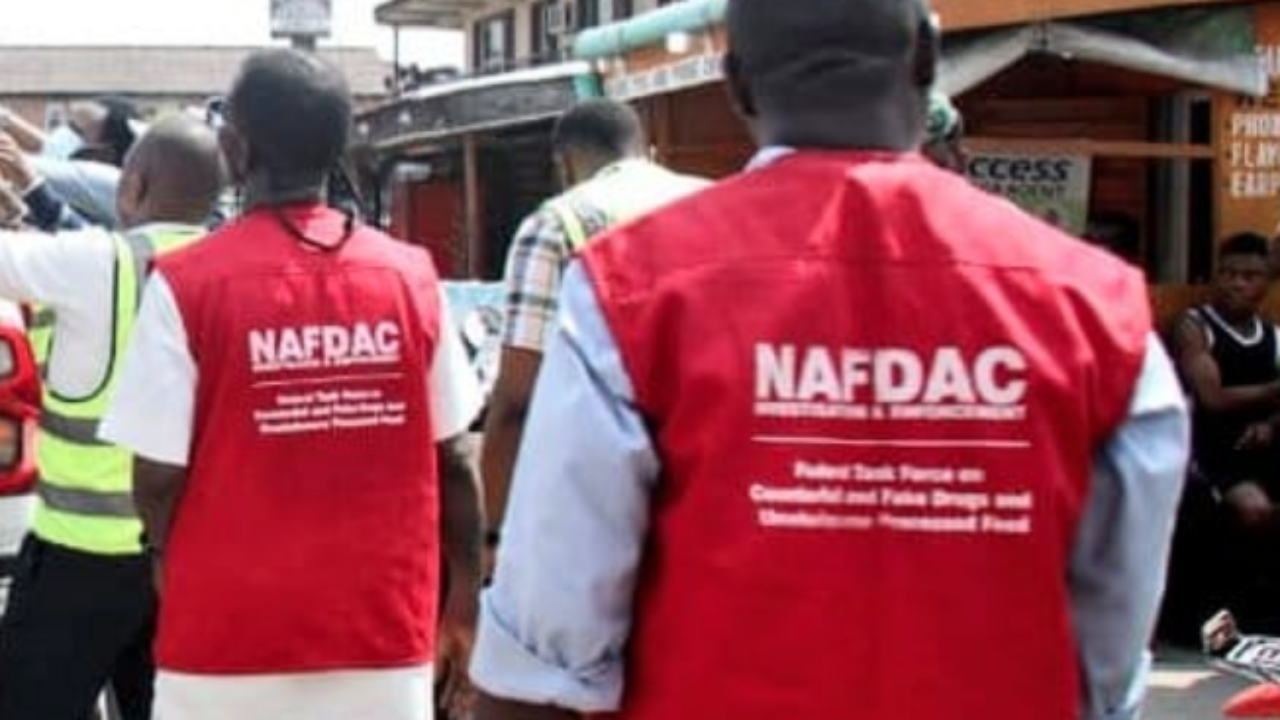In a significant escalation of the ongoing conflict, Russia has launched its largest aerial assault on Ukraine to date, intensifying the humanitarian crisis and undermining hopes for a cessation of hostilities. The attack, which occurred on the night of May 25, 2025, involved a combination of cruise and ballistic missiles, as well as numerous drones, targeting multiple cities and critical infrastructure across Ukraine.
Ukrainian President Volodymyr Zelenskyy condemned the assault as a deliberate act of terror aimed at civilian populations. “Every day, our people stand against aerial terror,” he stated, highlighting the resilience of the Ukrainian defense forces in the face of such aggression. Despite the extensive damage caused by the strikes, Ukrainian air defense systems successfully intercepted a significant portion of the incoming projectiles, preventing even greater casualties.
The Russian offensive targeted key urban centers, including Kyiv, Kharkiv, and Odesa, as well as critical infrastructure facilities such as power grids and water treatment plants. The assault resulted in widespread power outages and water supply disruptions, severely affecting daily life for millions of Ukrainians. Emergency response teams have been working tirelessly to restore services and provide assistance to those affected by the attacks.
International reactions have been swift and condemnatory. The United States, under President Donald Trump, expressed strong disapproval of Russia’s actions, with Trump labeling Russian President Vladimir Putin as “crazy” and criticizing the missile and drone strikes that resulted in civilian casualties. He suggested that Putin’s aggressive actions could ultimately lead to Russia’s downfall, despite previously claiming a positive relationship with the Russian leader. European leaders have also condemned the attacks, calling for increased support to Ukraine and urging a unified response to Russia’s aggression.
In response to the escalating threat, Germany has pledged to assist Ukraine in producing long-range missiles through joint industrial projects. This initiative aims to bolster Ukraine’s defense capabilities and deter further Russian aggression. The cooperation includes investments in new ammunition and military aid, as well as the production of drones vital for defending against Russia’s increasing drone attacks.
The recent escalation underscores the urgent need for a comprehensive and lasting resolution to the conflict. The international community continues to call for dialogue and negotiations to end the hostilities and address the underlying issues contributing to the crisis. However, with both sides entrenched in their positions and Russia’s recent actions, the prospects for a peaceful settlement remain uncertain.
As the situation develops, the global community remains vigilant, monitoring the conflict’s progression and its implications for regional and international stability. The resilience of the Ukrainian people and the support from international allies will be crucial in navigating the challenges posed by this latest escalation.











Is this the start of a full-scale war or just a show of power? The situation is escalating fast.
Wow, this is intense. Do you think this will escalate into a full-blown war or lead to diplomatic resolutions? Lets discuss.
Do you think Russias actions in Ukraine will lead to a larger conflict, or will it eventually simmer down? Im genuinely curious.
This attack is just escalating tensions further. Cant they find a peaceful solution? War benefits no one.